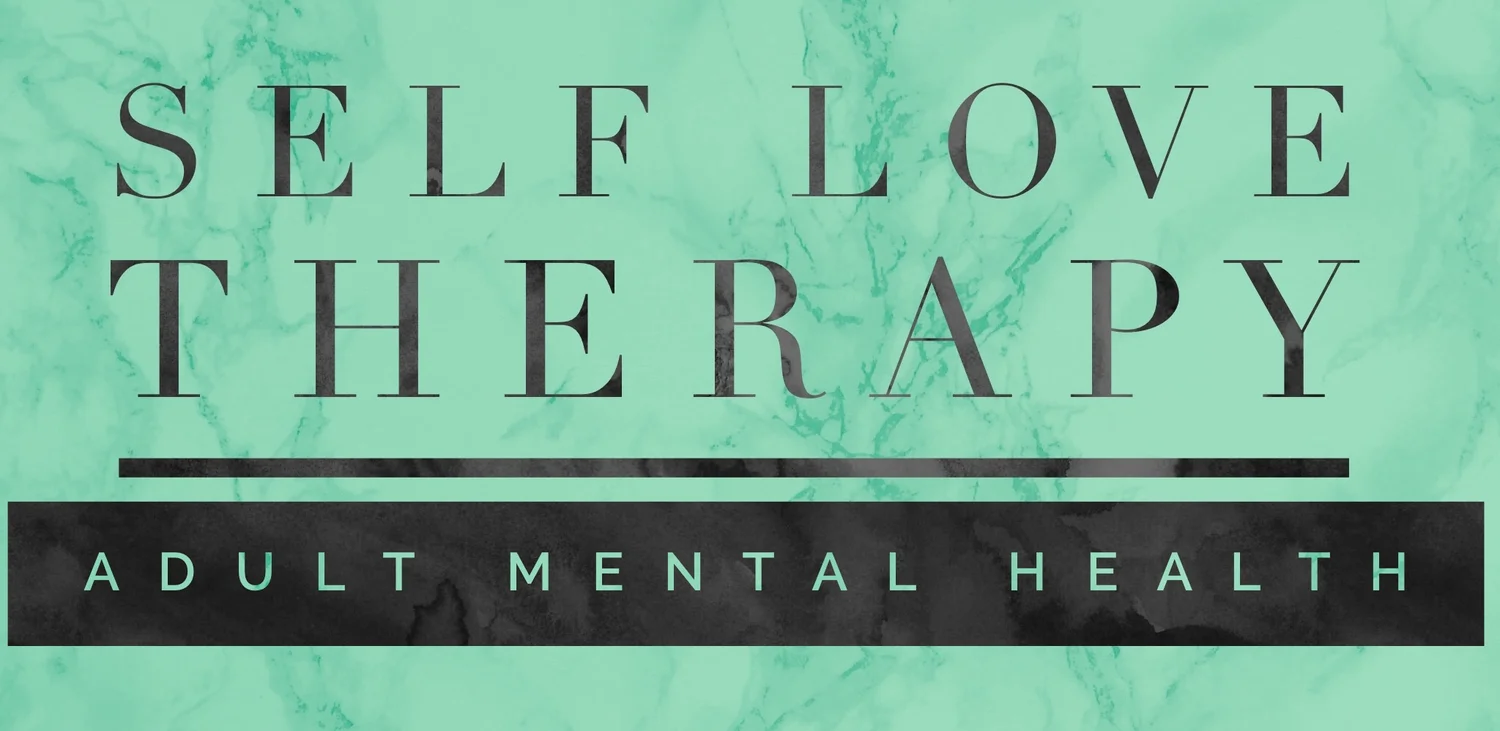For many American voters, today has been a gloomy and scary day which confirms uncertainty in the face of a central – and existentially threatening – question: “what is going to happen next?” If the candidate you had emotionally invested in didn't win, you may be experiencing strange and difficult-to-explain emotions.
Here are some recommended self-love strategies for coping with your current state of being:
Get Away From Usual Elements
If you are like me, hearing the voice of news anchors produces a stomach-turning sensation, especially today. Remember that your brain has been the target of – lots of – signals from news and social media outlets in the past few months. When in nature, brain begins to operate differently. Pleasure and healing centers activate, soothing your nerves and getting past the chronic stimulation from environment. Get together with friends and talk. Then sit to pray together and breathe in silence. Watch a growing sense of gratitude for your own precious life.
Eat Well
The immediate satisfaction gained from a burger and fries only serves as a distraction. The holiday season is around the corner, and you are going to have another set of resolutions for your life in 2017. Refuse to let the intimidation of an undesirable winner urge you to stress eat.
Bring to mind Compassion
Being compassionate towards those with reasonable fears nurses your brain by detracting ambivalent anger and shocking anxiety. Some of us with chronic illnesses can be genuinely and extremely worried by the idea of losing current Obamacare benefits. The same negativity goes on in the life of an undocumented hard-working immigrant for he might be dreading the potential of his deportation. It must be hard, isn't it? Show up and show your support in relating to their reality and implying - with most compassion: “I am thinking of you”.
Get Social! The Group Heals
Awhile back, I offered tips to improve your media viewership quality. Aside from that, releasing yourself from the media's sources of added stress will be half of your task in difficult times like now! Participating in peaceful but powerful post-election protests can help with experiencing and manifesting your anger in constructive ways. This experience is healthier and more powerful when done next to other members who share your views and mental states. The protests likely diminish with time but your participation will be remembered.
Reclaim your power but Internally
What would you be doing today had it not been the day after election? How would you care for yourself physically and emotionally? Exhaustion, anger, and anxious feelings mix up not so well when there is actually no imminent danger: that Trump will make the worst presidency ever and it becomes a catastrophe. Even if that becomes the case, it is not happening right away. Going about your normal daily lives is not the same as denial as that would involve unconscious rejection of reality. You are aware of exactly what has happened. Pause for a moment and invite yourself to be neither a pessimist nor an optimist. Remain a realist. Pause to check in how you are feeling. Stay in the here-and-now. Breathe…
May we all unify in peace.
Dr. Hessam



